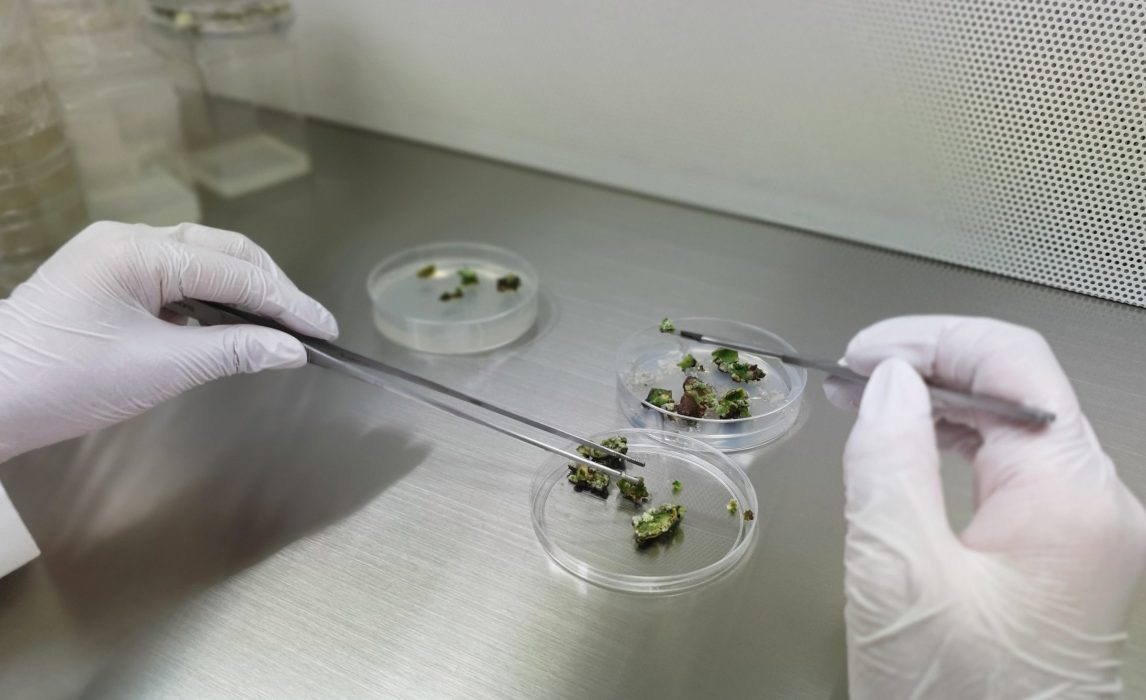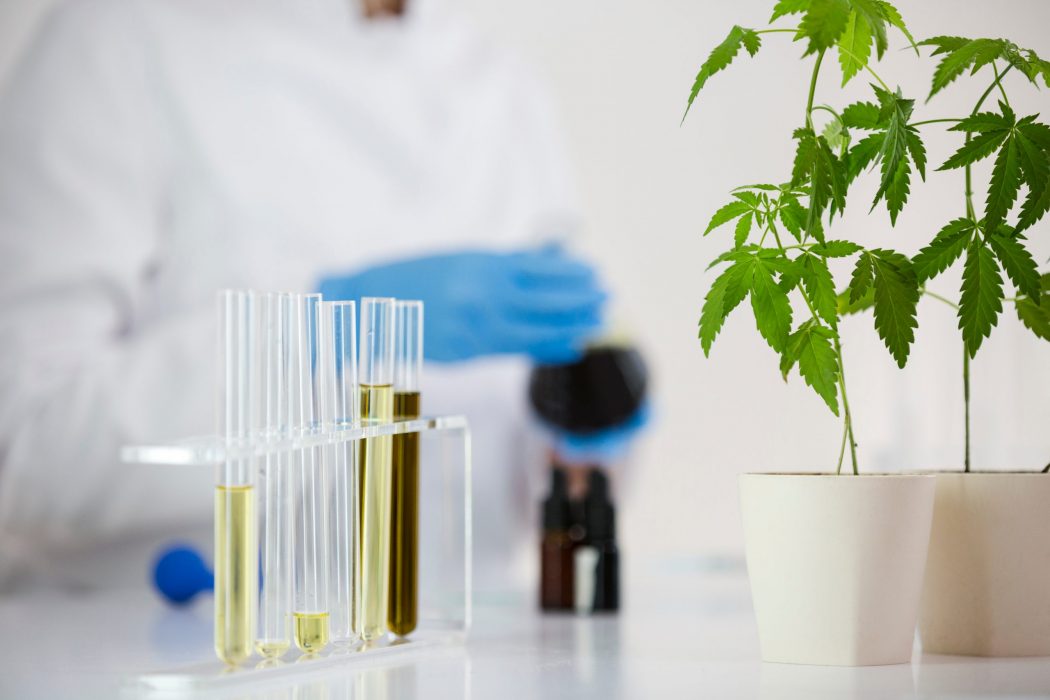The Impact of Hemp Genomics on Your Business

Good hemp farmers and processors understand the importance of consistent and stable hemp strains — but it takes precise science to breed cultivars with high levels of CBD, CBG, or specific terpenes while also meeting the federal government’s <0.3% THC requirements.
The bright side? As the scientific research on cannabis and hemp accelerates, farmers will be able to breed more consistent cultivars. And processors will able to extract full-spectrum crude with higher levels of cannabinoids, terpenes, and other bioactive compounds.
How will your business make the most of this opportunity?
Here are some important considerations when it comes to hemp cultivar genomics.
It starts with the seed.
Farmers of every sort have relied on advancements in agriculture genomics. Hemp farmers are no different. When it comes to hemp cultivars, it’s critical to choose seeds with genetic qualities that will produce high CBD and CBG yields. Why? Hemp genetics can impact a seed’s terpene profile and its THC level — research indicates that genetic factors may actually contribute more to “hot hemp” than environmental factors. It’s also important to consider your farm’s soil and regional climate implications. Choose seeds from reputable breeders that meet your goals and are best suited for your farm conditions. The right genetic selection could increase your profitability substantially.
Processing with genetics in mind.
Hemp’s versatility means plenty of options for processors. And the genetics of each cultivar can impact each use case — some are processed for industrial purposes, others for medicinal purposes. Processors looking to extract high levels of CBD or CBG should target strains with genetics that increase yields and extraction success.
For full-spectrum crude, the genetic implications are even further reaching. As the genetics of cannabinoids, flavonoids, terpenes, and other phytochemicals are better understood, it paves the way for more specialized hybridization and trait-based selection. Processors should pay close attention to new cultivars that emerge and how they will impact business in the future.
Making it all work
Cultivating and processing consistent and stable hemp takes work. It requires a strong understanding of the genomic possibilities. It takes a little bit of trial and error. And, it takes the right system to support your operation.
For farmers, KLER’s hemp harvest tracking keeps your biomass fully compliant while simplifying every stage of management — with track and drive harvest efficiencies and centralized data on nutrients used, cultivars, lots, test results, costs, plant health, and more.
For processors, KLER’s system simplifies workflows and tracking, helping reduce tasks and documentation for processing, toll processing, and consignment. If you’re ready to see how your business would benefit from KLER’s all-in-one seed-to-sale system, click here to schedule a demo.




